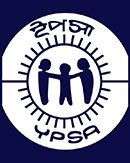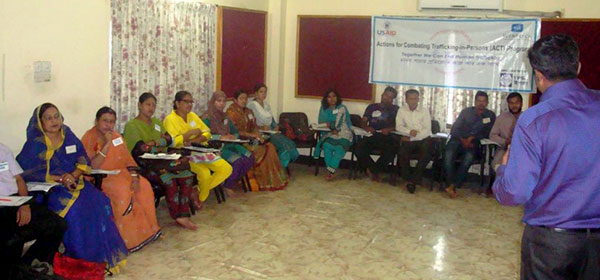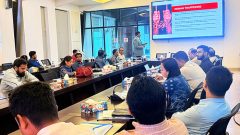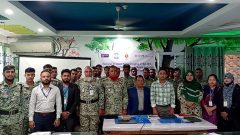YPSA organized capacity development training workshop on “Human Trafficking Prevention and Protection Bill 2012” and “National Plan of Action for Combating Human Trafficking 2012-2014” at YPSA-HRDC Chittagong with the support of Winrock International and USAID. Representatives from different NGOs, CBOs, counter trafficking members, teachers and journalists attended the training workshop. Mr. A.B.M. Abu Noman, Associate Professor, Dept. of Law, Chittagong University facilitated the workshop.
The Jatiya Sangsad (Parliament) passed a Bill defining the moving of people by illegal force or deception in the name of being given jobs inside the country or abroad, for sexual and commercial purposes or other forms of exploitation by human traffickers.
According to the law anyone who, with ulterior motives, allures people to go abroad in order to exploit them, will be branded as criminals.
As per the law, forced prostitution and labour, forced participation in the production of pornography, servitude, debt-bondage, exploitation through false marriages, beggary, and trading in human organs are some of the crimes committed by traffickers.
The persons convicted of human trafficking will face the death penalty, lifetime imprisonment and fines of up to Tk 5 lakh.
Human trafficking and related crimes will be tried in the Speedy Trial Tribunals that will be set up in all the districts and metropolitan cities, says the Bill. The special tribunals should have judges with the status of a session’s judge in a district, and the trial of a case must be completed in 180 days.
In case of its failure to settle the case in 180 days, the tribunal must inform the High Court Division of the Supreme Court of the causes of the delay.
The law will also authorize the tribunal to hold trials in secret for the sake of the safety of the victims, provided the lawyers of the both sides agree.
Until the formation of the tribunals, the women and children repression courts in the district headquarters will try the cases of human trafficking.




